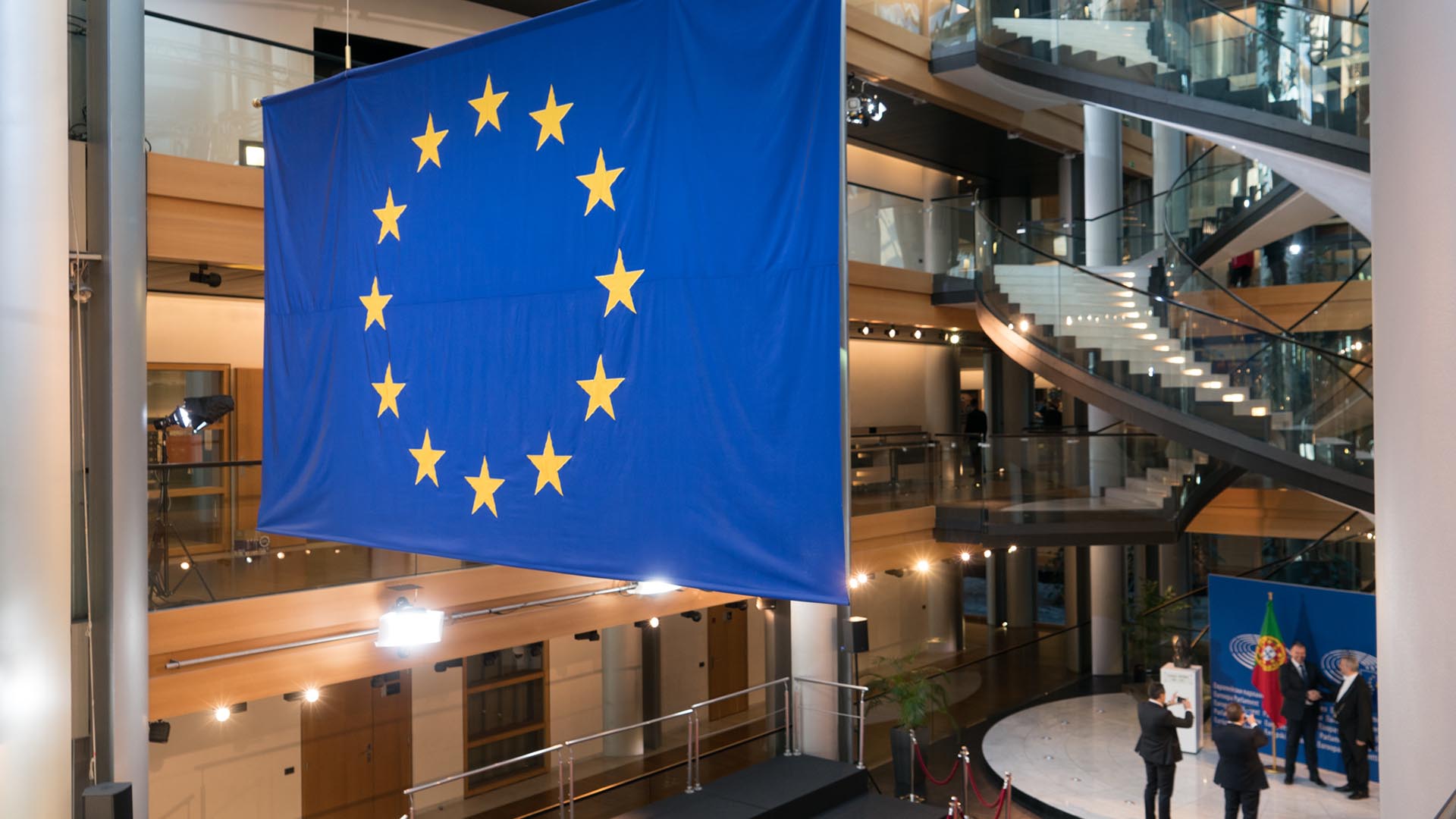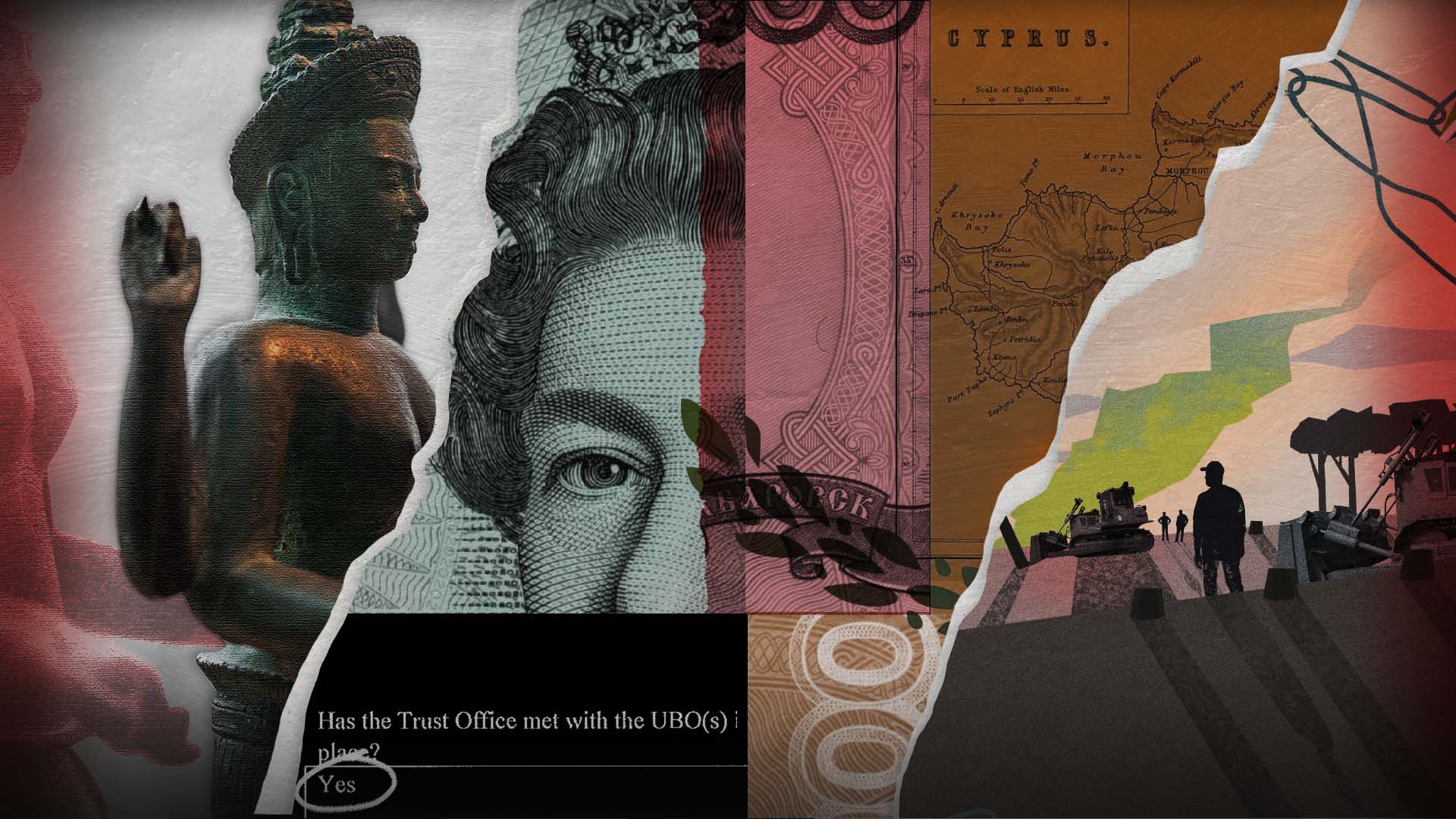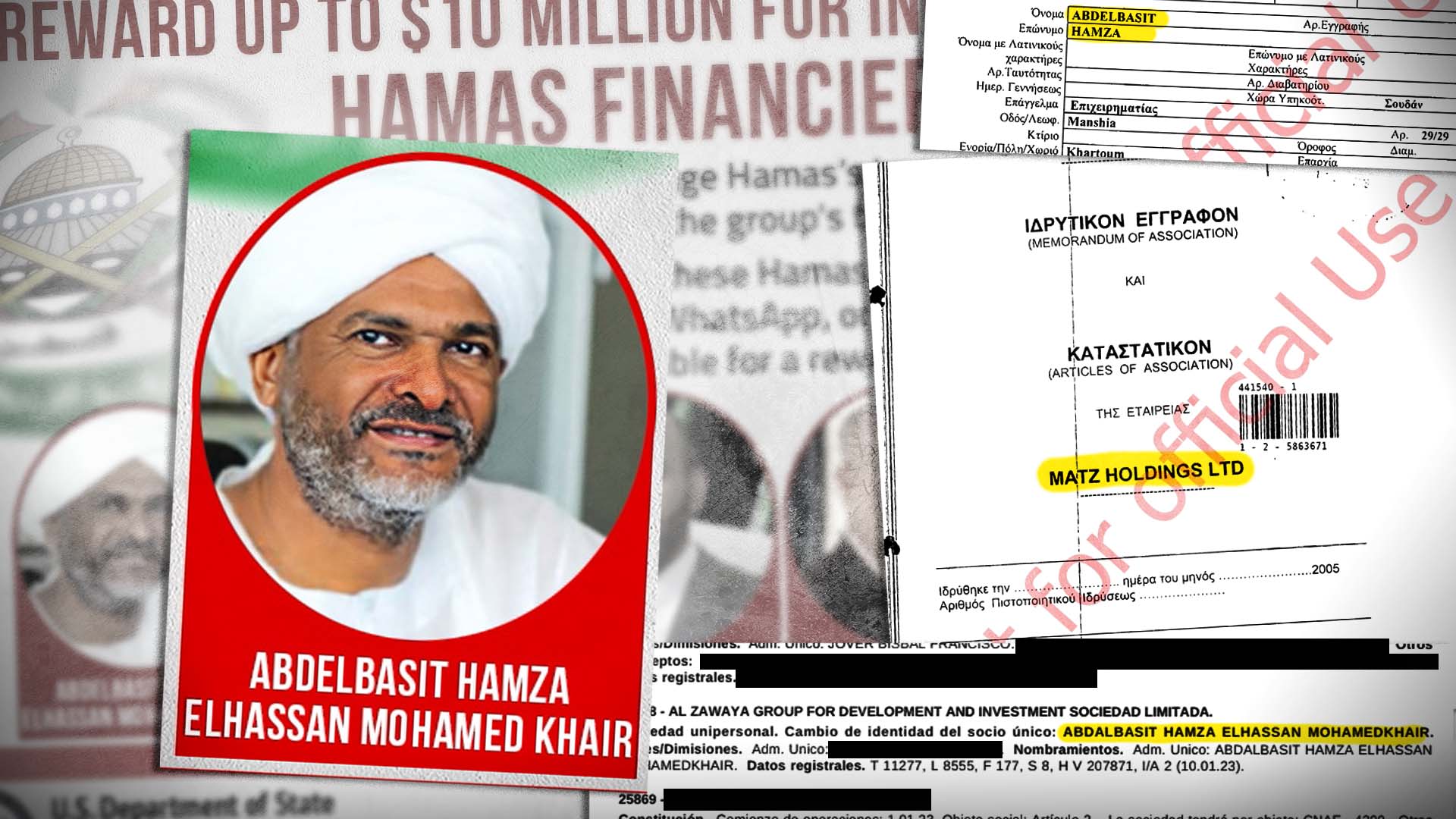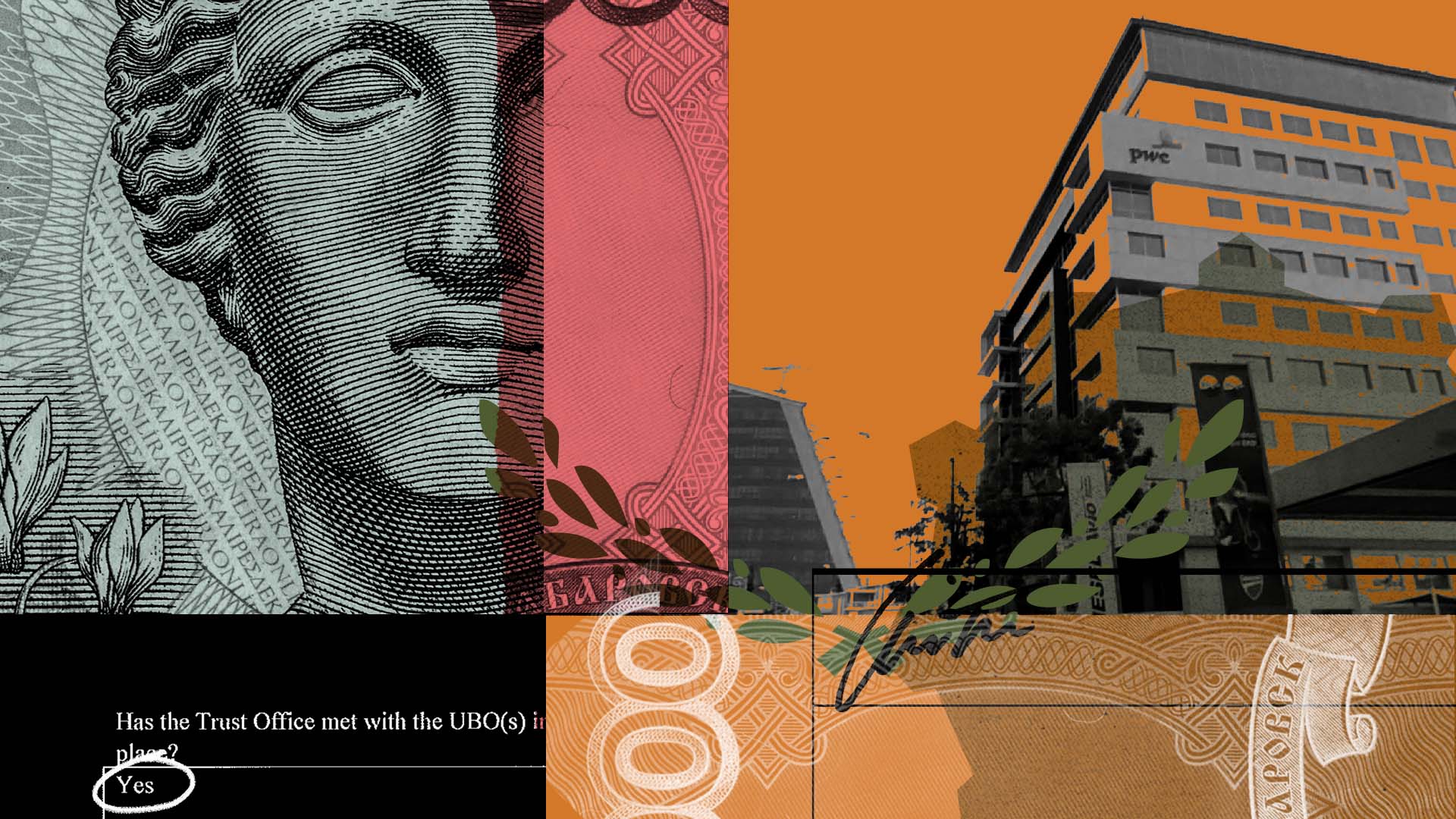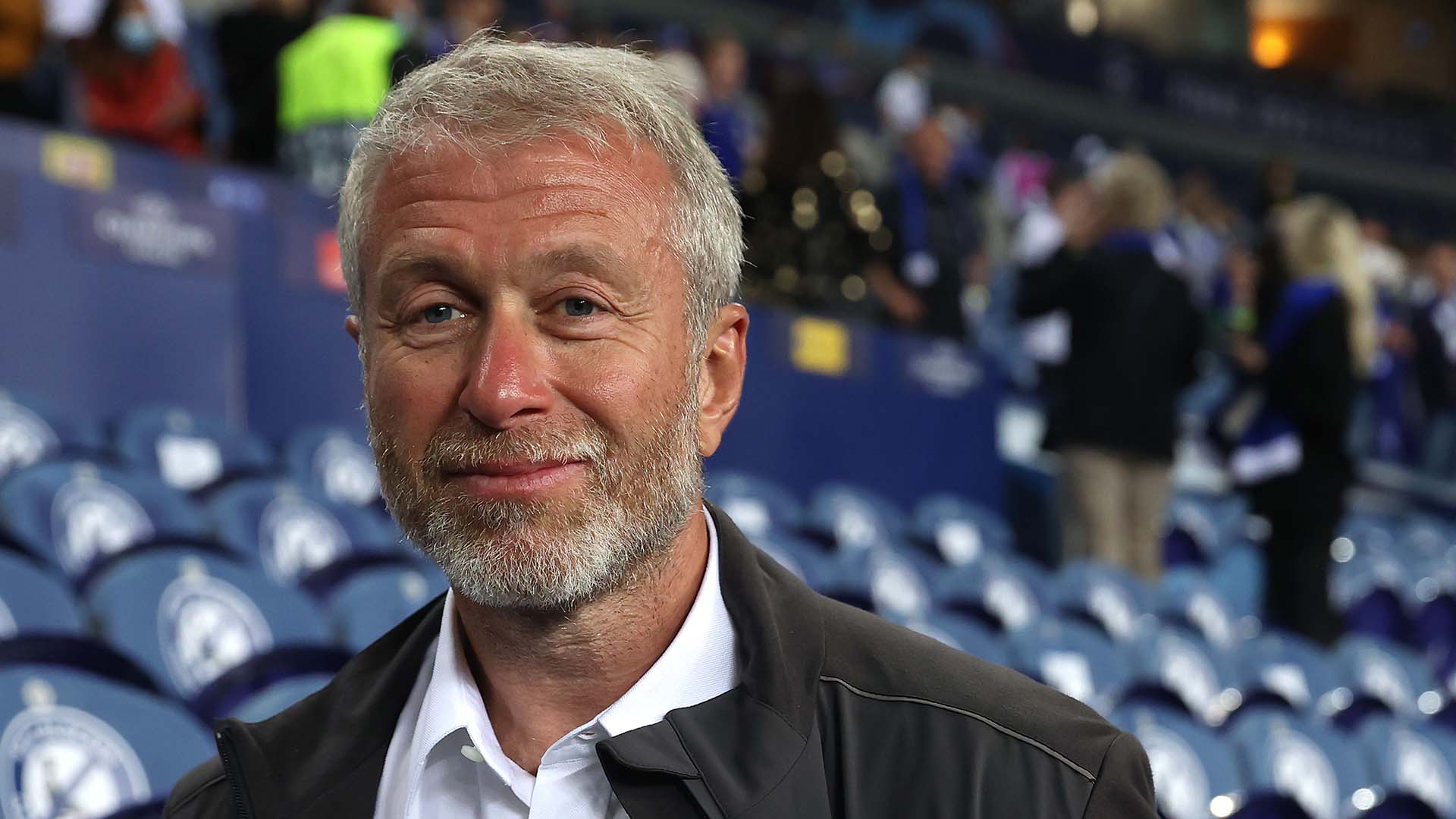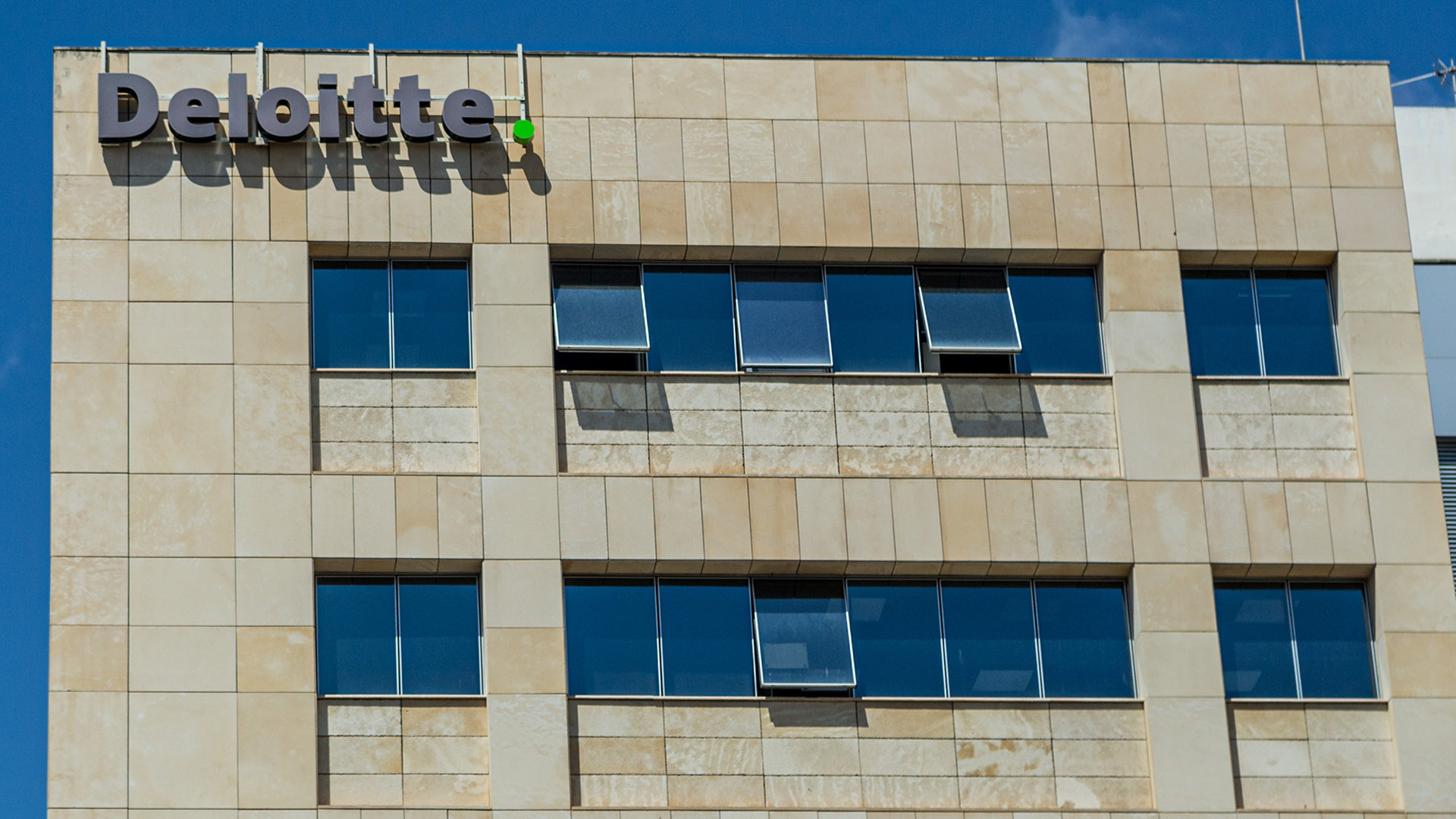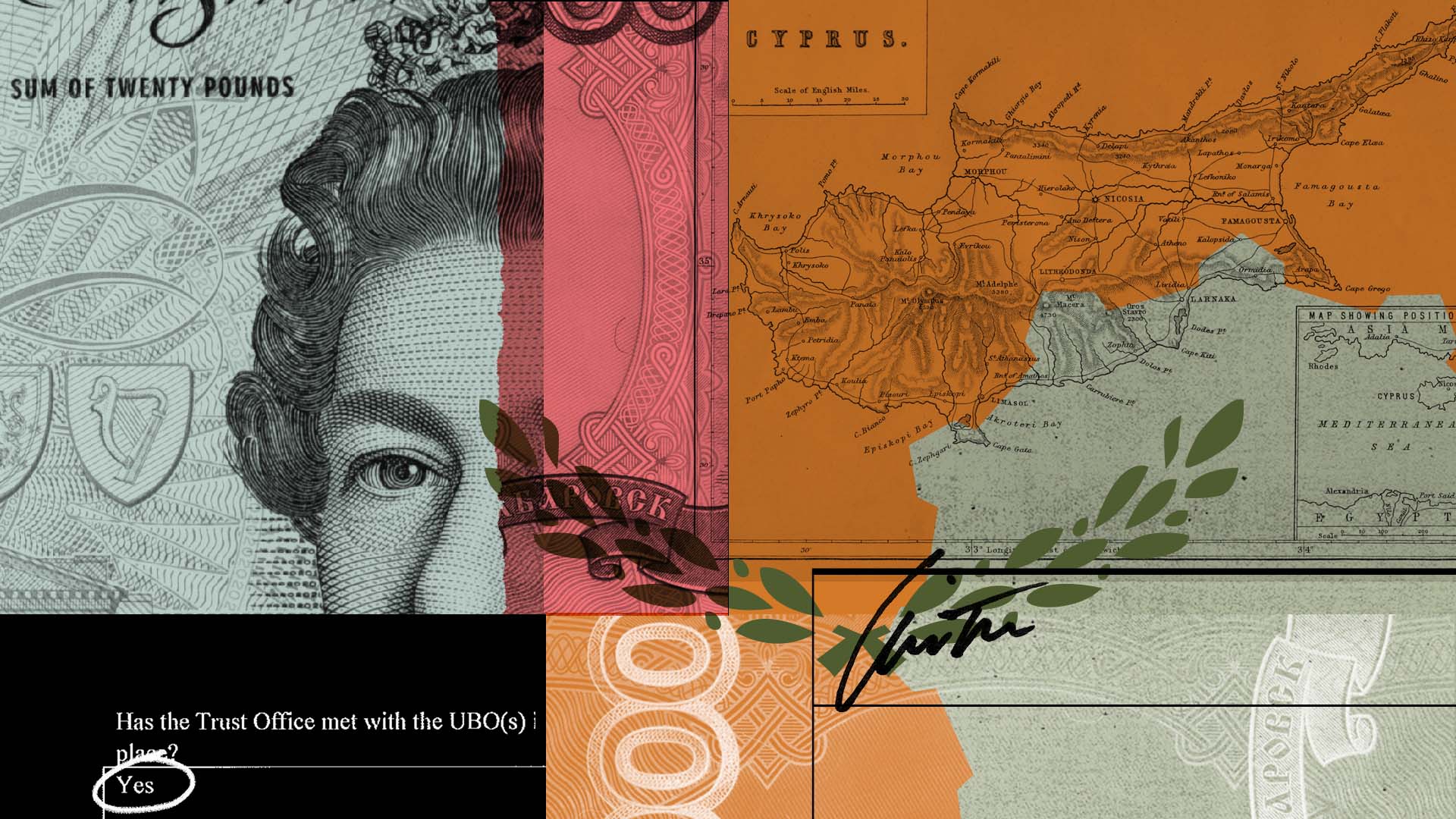The European Union has sanctioned alleged Hamas financier Abdelbasit Hamza, who was the subject of an ICIJ investigation in December that detailed his business ties in Europe.
The European Union also announced the establishment of a new legal framework to target individuals that provide support to the Palestinian group. The sanctions against Hamza, which are part of that framework, describe him as a “Sudan-based Hamas financier who manages companies in Hamas’ investment portfolio” and has facilitated the flow of money to Hamas through corporate networks.
The United States sanctioned Hamza in October, in the aftermath of Hamas’ terror attack against Israel that month. The Treasury Department accused him of transferring almost $20 million to the group, and alleged Hamza also had “historic ties” to al Qaeda and Osama bin Laden. A $10 million reward has been offered for information that could be used to identify and disrupt Hamas’ financial networks.
In December, an ICIJ Cyprus Confidential investigation, in collaboration with CNN and Israeli outlet Shomrim, detailed Hamza’s role in a Cyprus-based company that mines Egyptian gold. Leaked documents showed that Hamza had maintained business ties in Europe for nearly two decades as part of that venture, and that the Sudanese businessman partnered with a Swiss firm in the Cyprus company.
Hamza denied any connection to Hamas or al Qaeda in a statement sent to ICIJ in December, and said he was “very surprised” to have been sanctioned by the U.S. He has not responded to questions about European sanctions.
In his December statement, Hamza also said that he was “stationed in Cairo,” and managing his business affairs from Egypt.
However, Egypt may no longer be a safe haven for the businessman. BBC Arabic quoted an anonymous Egyptian source stating that Hamza was arrested in Cairo on the morning of Jan. 15, and was being held in an unknown location. Al Jazeera also reported that Hamza had been arrested, and that security authorities had not informed his lawyer or family about the reason he was being held. Egyptian media have speculated that the arrest is connected to Hamza’s involvement in the country’s gold industry.
Separately, on the same day the European Union announced the new sanctions against Hamas financiers, Jan. 19, its top diplomat opened a new rift with Israel about the militant group’s financing. EU foreign policy chief Josep Borrell, in a speech at Spain’s University of Valladolid, told his audience that “Hamas was financed by the Israeli government in an attempt to weaken the Palestinian Authority.”
Borrell has also advocated the imposition of sanctions on violent Israeli settlers in the West Bank, though these measures are still under consideration by the EU member states.
